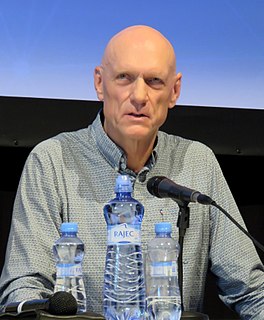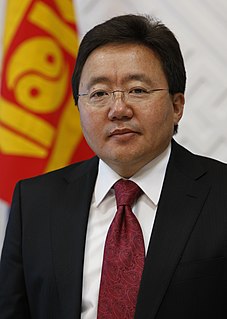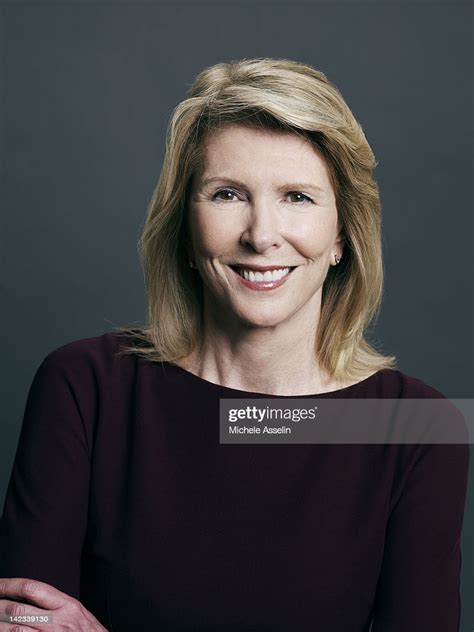A Quote by Frances Beinecke
Many environmental battles are won by delaying a destructive project long enough to change the conversation - to allow new economic, political and social dynamics to emerge.
Related Quotes
But no matter how big the effort to push a propaganda line might be, climate change is bigger. This, undoubtedly and regrettably, is the biggest immediate long-term environmental challenge we face. A failure to concretely come to some policy outcome on climate change has not only a negative environmental impact but also social and economic consequences for us.
The problems that we are facing are multiplying on the planet - economic, environmental, social, political upheaval, the list goes on. It's a time of change and transition and, as I see it, we are entering a new state of consciousness. It's a transition between one state of consciousness and another. It's an evolutionary leap that is happening.
Regarding social order, [Francis] Fukuyama writes, "The systematic study of how order, and thus social capital, can emerge in spontaneous and decentralized fashion is one of the most important intellectual developments of the late twentieth century." He correctly attributes the modern origins of this argument to F. A. Hayek, whose pioneering contributions to cognitive science, the study of cultural evolution, and the dynamics of social change put him in the forefront of the most creative scholars of the 20th century.
We need a new political language with broader narratives. Such a language has to unravel the pervasive ideological, pedagogical, and economic dynamics of a form of economic Darwinism that now governs much of the world. This system must be demystified, politicized, and recognized for the ways in which it has come to pose a dire threat to democracy.
My generation was going to change the direction America took. I was completely convinced that we would have a very different kind of society as a result of the protests that I was part of, and I think that's partially true. We obviously never really got to what many of my generation believed was possible, but the amount of change I've seen in my lifetime, both social change and political change, is staggering. I think my generation can take a little bit of credit for that by just opening up the conversation.


































